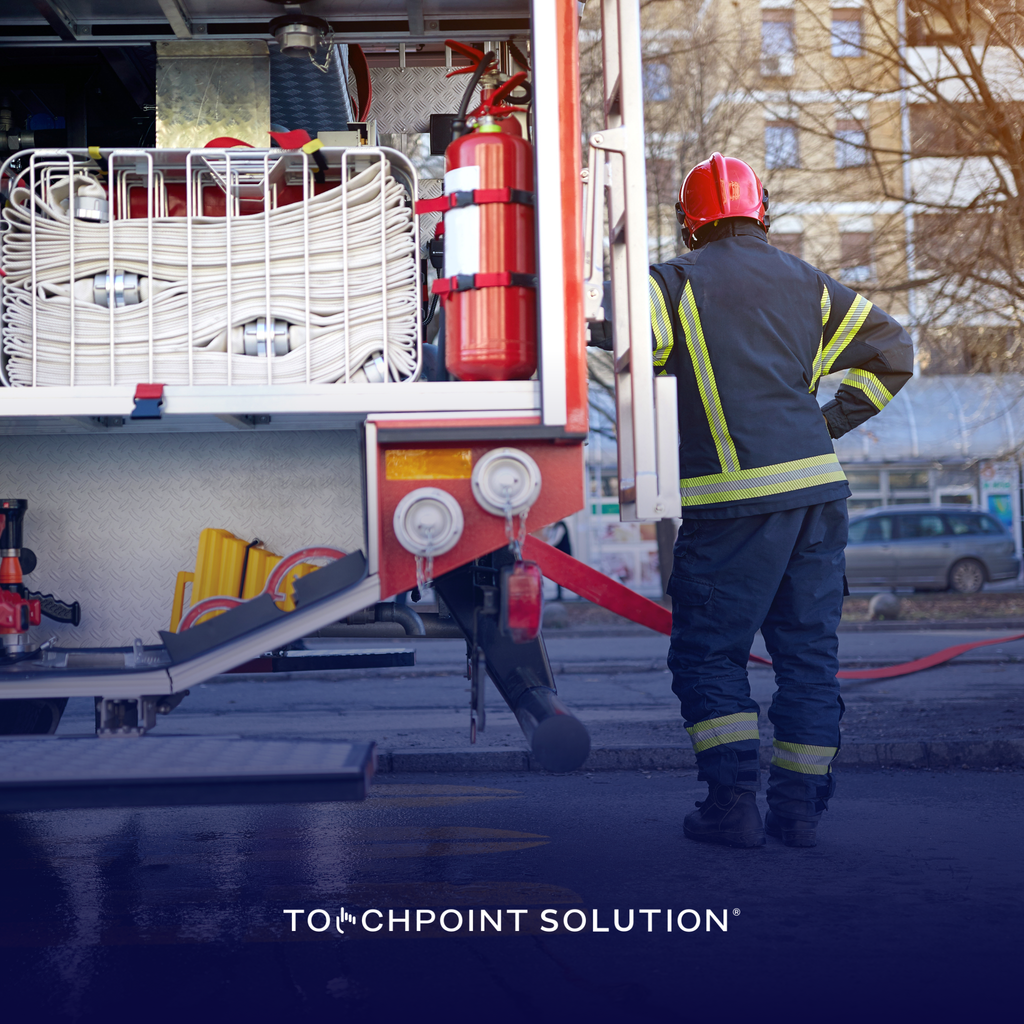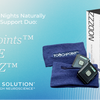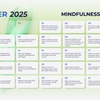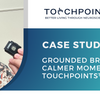First Responders on ADHD: Managing Symptoms Under High-Stress Conditions

TouchPoints for First Responders: A Stress-Busting Solution
Understanding the Unique Challenges
First responders on the front lines of emergency situations often face immense pressure and stress. For individuals with ADHD, these high-pressure environments can exacerbate their symptoms, leading to significant challenges in their professional roles.
Key Challenges for First Responders with ADHD
- Hyperfocus and Distractibility: While hyperfocus can be beneficial in certain situations, it can also lead to tunnel vision, making it difficult to shift attention to other important tasks. Conversely, distractibility can make it challenging to stay focused on the task at hand, especially in chaotic environments.
- Impulsivity: Impulsive behavior can be particularly dangerous in emergencies, leading to rash decisions or actions that could have negative consequences.
- Time Management: ADHD can make it challenging to manage time effectively, leading to missed deadlines or delays in responding to emergencies.
- Stress and Anxiety: The high-stress nature of first responder work can exacerbate ADHD symptoms, leading to increased anxiety and stress levels.
TouchPoints: A Potential Solution
TouchPoints, a wearable device designed to reduce stress and improve focus, may offer a promising solution for first responders with ADHD. These devices use gentle vibrations to activate the parasympathetic nervous system, helping to counter the body’s stress response.
How TouchPoints Can Help First Responders with ADHD
- Reduce Stress and Anxiety: TouchPoints can help reduce stress and anxiety by calming the nervous system. This can be particularly beneficial for first responders who often experience high levels of emotional distress.
- Improve Focus and Attention: TouchPoints may help to improve focus and attention, making it easier for first responders to concentrate on their tasks and avoid distractions.
- Reduce Impulsivity: TouchPoints may help reduce impulsive behavior, which can be a significant challenge for individuals with ADHD, by promoting a sense of calm and relaxation.
- Enhance Sleep Quality: TouchPoints can also help improve sleep quality, which is essential for first responders who often work irregular shifts and may experience sleep disturbances.
Supporting First Responders with ADHD
Organizations can play a crucial role in supporting first responders with ADHD by:
- Providing Awareness and Education: Educating staff about ADHD and its symptoms can help reduce stigma and promote understanding.
- Offering Accommodations: Implementing reasonable accommodations, such as flexible work schedules or assistive technology, can help first responders with ADHD succeed.
- Encouraging Self-Care: Promoting self-care practices, such as regular exercise, healthy eating, and sufficient sleep, can help manage stress and improve overall well-being.
- Providing Mental Health Support: Offering access to mental health sources, such as counseling or therapy, can help first responders with ADHD cope with the challenges they face.
By understanding the unique challenges faced by first responders with ADHD and exploring innovative solutions like TouchPoints, organizations can help to ensure that these individuals have the tools they need to succeed in their demanding roles.




